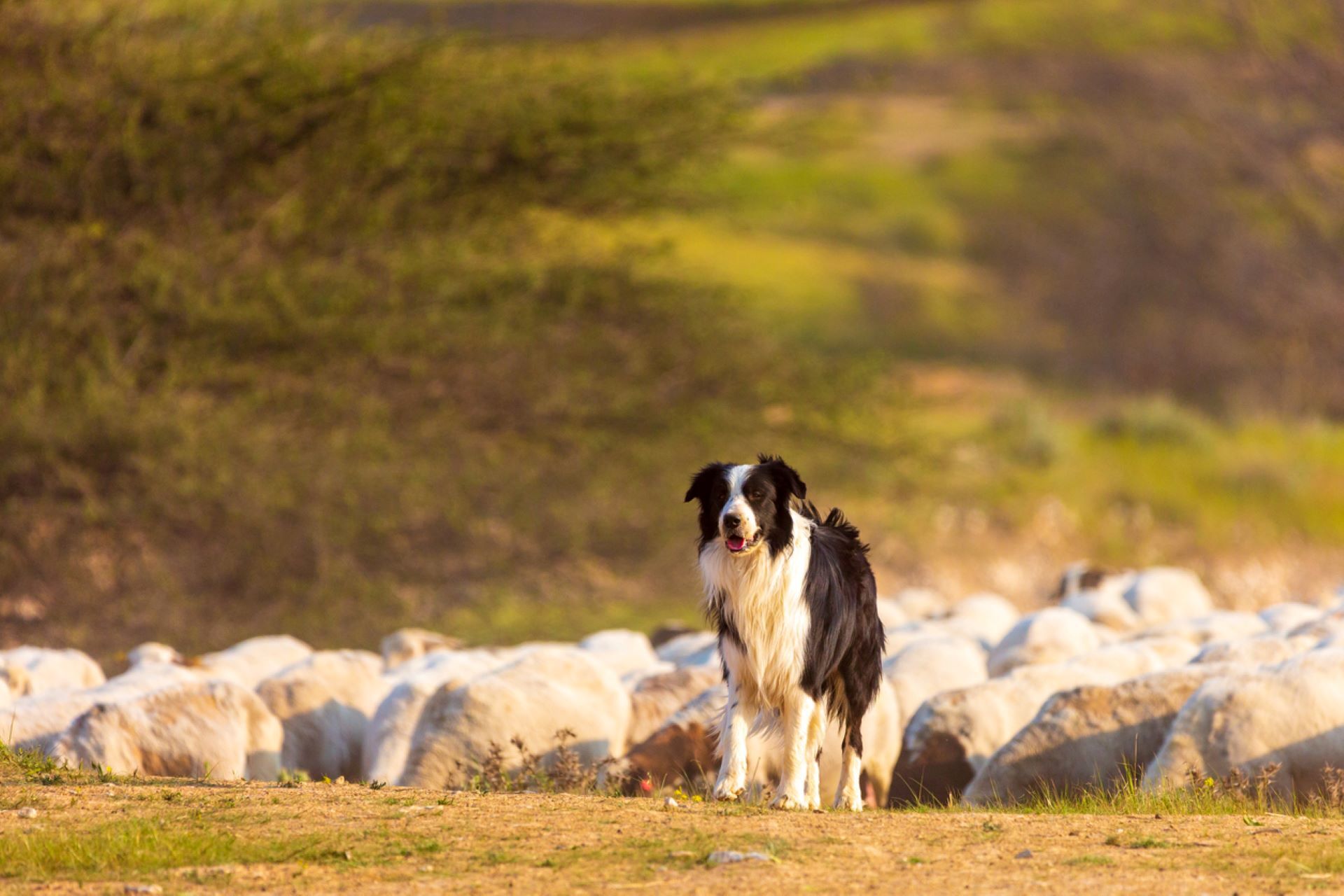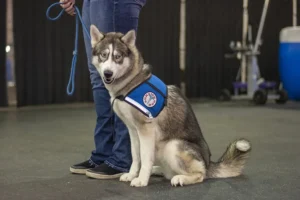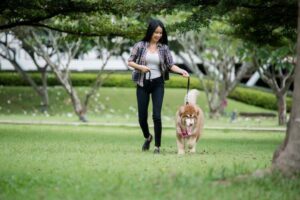One of the most common questions people ask Sit Now Stay Dog Training is whether or not herding dogs are aggressive. After all, these breeds were initially bred to herd livestock, and sometimes that can lead to some aggression. But the truth is, herding dogs are no more aggressive than any other type of dog; it just depends on how they’re raised and trained. Here’s a closer look at herding dogs and their aggression levels.

Popular Herding Dog Breeds
When most people think of herding dogs, they think of German Shepherds and Border Collies. These are two of the most popular breeds of herding dogs, but there are many others. Some of the other popular breeds include:
- Australian Cattle Dogs
- Australian Shepherds
- Bearded Collies
- Bergamasco Sheepdogs
- German Coolies
- Welsh Corgis
So, what do all these breeds have in common? They were all bred for herding. But what does that mean? Define herding as “the control and movement of animals a short distance”. This can occur for many reasons including controlling livestock, so they don’t wander off or keeping predators away from a flock.
Herding dogs have been bred to do this job for centuries. And while most of them no longer work on farms or ranches, their instincts are still strong. That’s why it’s essential to understand the different types of herding breeds and their temperaments before bringing one into your home.
The Herding Instinct
All herding dogs have a strong herding instinct, which means they love to chase and nip at things that move. This includes other animals, children, and even people. However, this does not imply that herding dogs are automatically aggressive; it just means that they need an outlet for their herding instinct. If a herding dog does not have an outlet for its herding instinct, it may start to act out in other ways, such as barking excessively or chewing on furniture.
The best way to prevent this is to give your herding dog plenty of exercises. A long walk or run every day will go a long way towards helping them burn off excess energy and preventing them from becoming destructive. You should also enroll your herding dog in obedience classes so they can learn to follow commands and focus their attention on you instead of chasing after everything that moves
The Different Types of Herding Dogs
There are two types of herding dogs: those that bite and those that don’t. Your choice of herding dog should be based on your needs and preferences.
Biting herding dogs are often used on farms and ranches to herd livestock. They are trained to nip at the heels of animals to get them to move in a particular direction. These dogs are not typically recommended for homes with small children or other pets because they may mistake them for livestock and attempt to herd them. Non-biting herding dogs use barking and body language to herd livestock. They are considered less aggressive than biting herding dogs and are often recommended for homes with small children or other pets.
The Breed You Choose Should Match Your Lifestyle
Not all herding dogs are created equal. Each breed has its own unique set of traits to take into account when choosing the right dog for your family. For example, some breeds require more exercise than others, and some are more prone to specific health problems.
When choosing a herding dog breed, selecting one that matches your lifestyle is crucial. Do you have small children or other pets in your home? If so, consider a non-biting herding dog breed like the Australian Cattle Dog or the Bearded Collie. These breeds are considered to be less aggressive than biting herding dogs and are less likely to mistake small children or other pets for livestock.
On the other hand, if you live on a farm or ranch, you may want to consider a biting herding dog breed like the German Shepherd or the Border Collie. These breeds have been trained to nip at the heels of animals to get them to move in a certain direction, They also learn to protect them against predators. Thus, they may be more suited for families who live on farms or ranches where they can run and exercise freely.
The Bottom Line
There’s a lot of variation among the different types of herding dog breeds when it comes to aggressiveness. Some breeds, like the Border Collie, may have a higher propensity towards aggression. Others, like the Corgi, are less likely to be aggressive. Ultimately, it all comes down to how you raise and train the dog. If you give your herding dog plenty of exercises and socialize them early on, you’ll have a well-rounded pet.
Proper training and socialization can make any dog into a well-behaved pet. Contact Sit Now Stay Dog Training today if you want help training your herding dog or just want to ensure he behaves appropriately around other people and animals. We offer expert advice and services to help your furry friend become the best possible member of your family.





